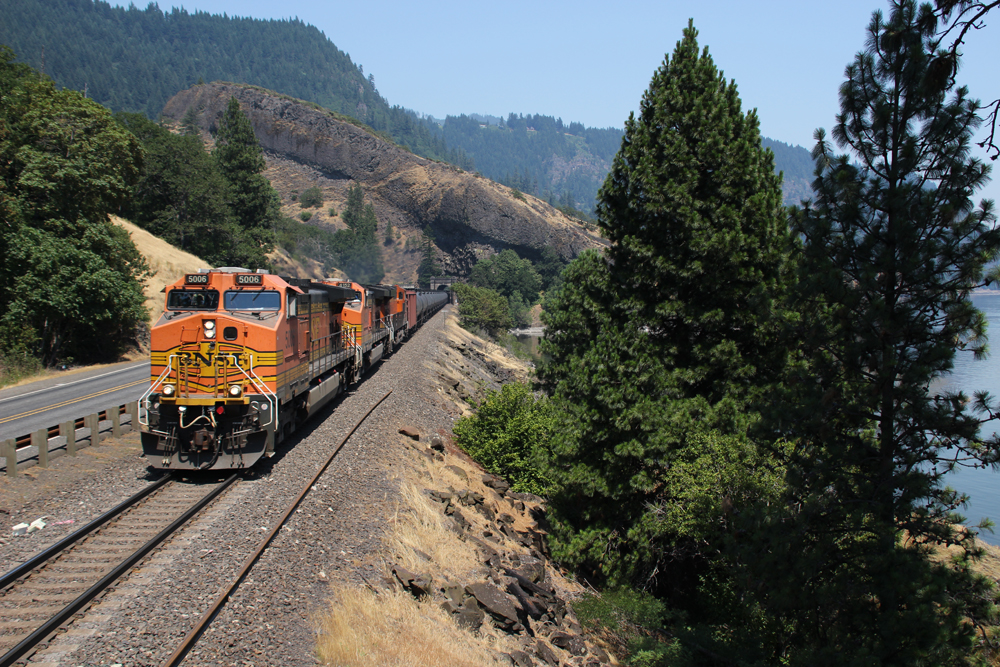
SEATTLE — BNSF Railway owes Washington state’s Swinomish Indian Tribal Community $394.5 million for violating an agreement governing railroad operation across tribal land, a federal judge has ruled.
U.S. District Judge Robert Lasnik reached that figure after a four-day bench trial, the Seattle Times reports. He had previously ruled the railroad had violated a 1991 agreement by sending crude-oil trains across a less than 1-mile segment of the Swinomish Reservation between September 2012 and May 2021 [see “Judge rules BNSF oil trains violated tribal agreement,” Trains News Wire, March 28, 2023]. Lasnik ruled last year that the railroad had “willingly, consciously, and knowingly” violated the agreement that allowed only one train of no more than 25 cars per train in each direction each day.
The railroad and Swinomish agreed that more than 266,000 cars had violated that agreement and generated about $900 million in revenue, but disagreed about the penalty that should result. Lasnik’s ruling details the profits per car, deducts the amount that could have been earned through legal movements, determined the railroad had made about $362.2 million in profits, plus $32.2 million in post-tax profits such as investment income, as a result of the trespassing.
Swinomish Chairman Steve Edwards said in a statement reported by the Times, “When there are these kinds of profits to be gained, the only way to deter future wrongdoing is to do exactly what the court did today — make the trespasser give up the money it gained by trespassing.” Edwards said he expects BNSF to appeal the decision but that “we look forward to defending Judge Lasnik’s decision to defend our homeland.”









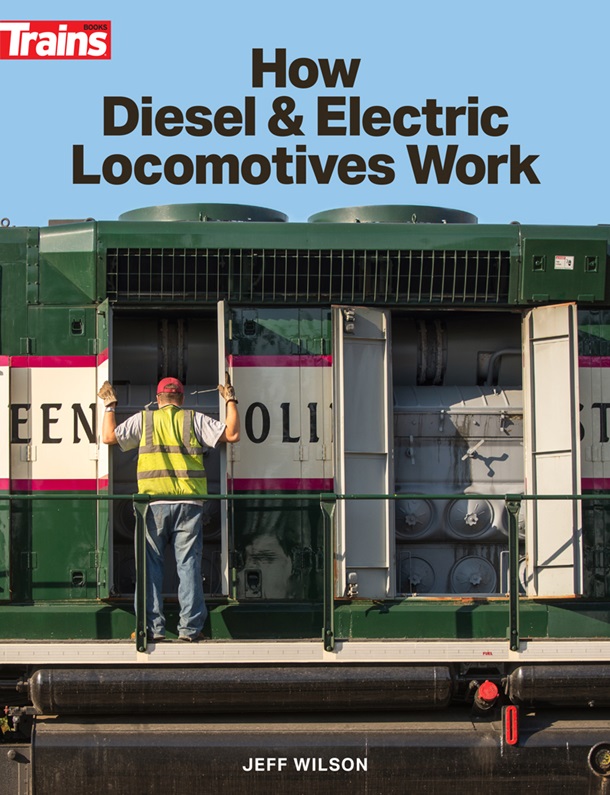
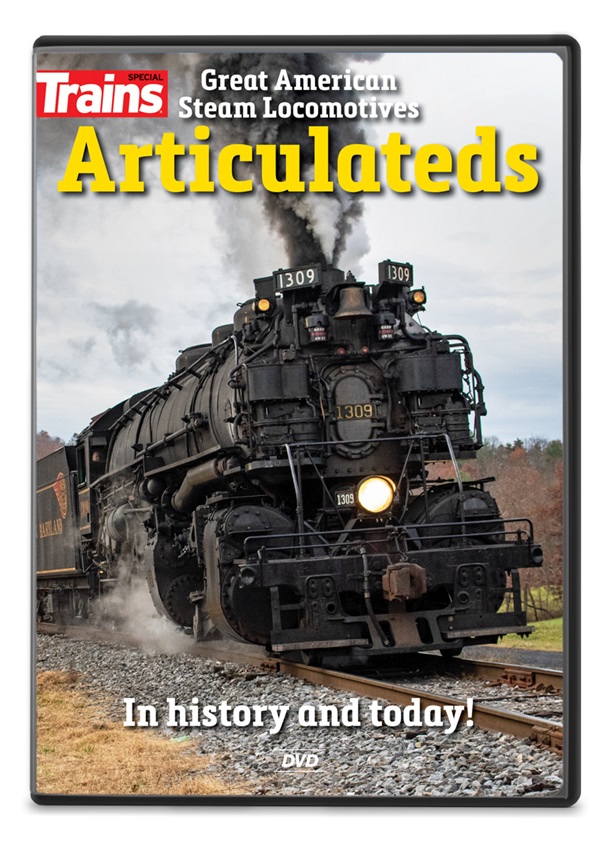
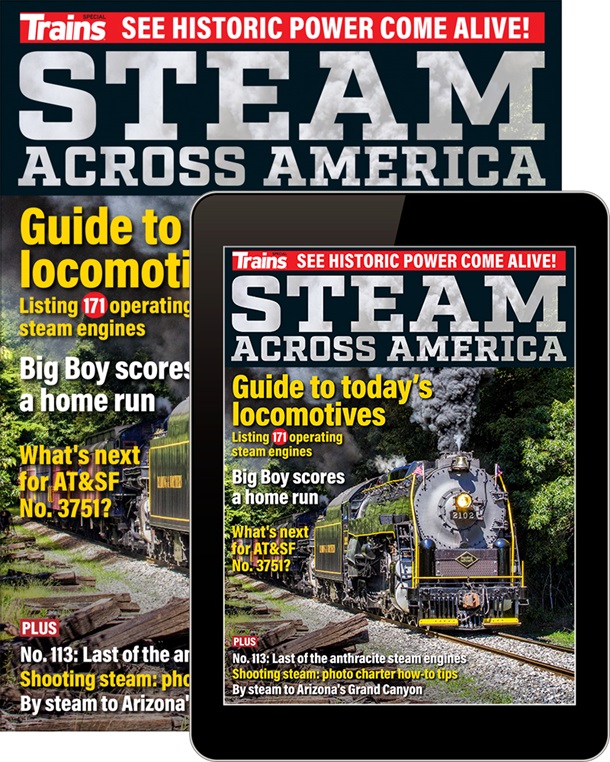
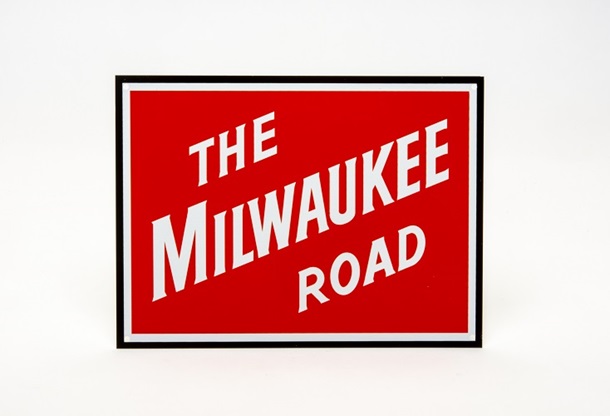
Seems BNSF was trying use a page out of the Govts old Indian playbook make a deal then then go break the deal (treaties) only now Tribes have attorneys. No more handing them a document at gunpoint saying here “sign this or we’ll exterminate you! Yes, they are sovereign nations much as an foreign embassy is sovereign land of that nation on US soil.
Posted earlier: I actually looked at this. The Swinomish Reservation actually goes out into Padilla Bay as part of their fishing rights. So BNSF just can’t move thier ROW out further into the bay with some complications, like building a new swing bridge.
The best way (IMHO) is to have BNSF put in a switch at Allen and run the new ROW west to Leary Point and build a bridge across Padilla Bay with a new drawspan over the dredged channel just east of the refinery and then have it join the existing ROW. This would bypass any complications with the tribal authorities, but it will cost them a bundle to build.
Avoid the tribes, yes, new conflict with the greens, absolutely.
A law suit filed means at least two lawyers will be employed. Law suit abuse just keeps growing. And, so does stupidity when BN agreed to just 25 cars each way per day on a major rail line.
1991 isn’t that long ago. What happened that year? Did BNSF start running oil trains for the first time on that line? Would like more info when you can, Trains.
Got a solution for BNSF and it will be cheaper in long run. Give the tribe the branch on tribal land all the way to the refinery. Then mothball the rest of the branch. Refinery will have to run trucks over their highways (Tribe will bitch about that) or move the refined product by barge. When it get’s too expensive to operate refinery will shut down. Jobs will be lost (Many filled by the Swinomish). Tribe will loose revenue. People will move to find new jobs. Tribe will loose even more revenue. May go broke because they shot themselves in foot. The new American Way.
Yes it’s true none of us have read the contract between BNSF (or its predecssor) and the Indian nation. But let’s get away from this that Indian lands are sovereign and sacrosanct. They’re part of America. All sorts of railroads and public highways cross Indian land, under whatever arrangements must vary case – by – case.
Ever ride the New York State Thruway in Western New York. No billboads, no billboards, no billboards, no billboards …. then all of a sudden, the visual pollution of a zillion billboards on massive pylons. Indian reservation, ey?
I don’t approve of billboards in states where otherwise illegal. I don’t believe in gambling casinos in states where casinos are otherwise illegal. I don’t approve of smoking in public venues (Indian casinos) in states (such as my own) where otherwise illegal. I don’t believe in violation of state election finance laws by Indian tribe who claim federal status. Indian tribes have brought us all of the above.
Then with their massive violations of Wisconsin law, the Indian nations claim in-state tuition at Wisconsin public universities. And the right to vote in Wisconsin elections. Well, which is it? You shouldn’t have both.
Indians claiming reservation residence should vote for tribal offices, US presidential electors, US congress and US senate but not state offices.
Guessing Charles is still banned by the Pottawatomie, Menominee, Ho-Chunk casinos as well as not invited by the Chippewa for fishing. Pssst, they were there long before our clans arrived.
Dear Tribal Leaders, Judge Lasnik (and) earlier commentors herein :
I’d sugges everyone to do a “deep dive into all of Federal statutes” going back decades (and, clear back into the 1800’s) of “ICC Class C (aka, ‘Common Carrier’) Legal obligations”.
>You-all will find that they do not even have to give you the “time of day”
if they don’t want to.
My final end-game settlement estimate: maybe $394K to the tribe at best, and LOL. Additionally, watch for some “sharp wording” from STB’s legal staff to the general public and to (sp. Lasnik) on this issue. The extremely long list of the RRs’ cases-precedents from earlier ‘Common Carrier’ challenges does surmount just ABOUT ALL municipal codes, 50 states’ laws and tribal governances. Recall that they can seek and be granted ’emminent domain’, if applies to a situation.
BNSF will appeal the ruling and then take its time to negotiate a settlement. If you recall in the Illinois fingerprint case, the ruling came up with a massive award for the aggrieved, but BNSF ended up settling with them.
BNSF is a deep pocket, the Swinomish Tribe is not.
Look for a new ROW contract as part of the settlement.
This is the punitive environmental movement using the native tribe to be able to punish BNSF for the legal movement of crude oil. This smells of an alternate move by the enviros after they lost their attempt to have the City of Spokane tax every car of coal or crude oil moved through the city.
This is breach of contract, Mike. Save the diatribe for another issue.
BN willingly signed the contract in 1991. BNSF, the successor to the contract, became the heir to the contract stipulations. When large quantities of oil began flowing to Anacortes, they thought no one would notice.
The rails go across tribal land. This is sovereign land granted by the US government many years ago. BNSF is required to follow the 1991 contract, or renegotiate a new contract with the tribe.
This is one issue I give kudos to the tribe for following through
Absolute nonsense. No one gets $362 Million in profits from running one train line one mile long. There’s a whole lot of companies out there who couldn’t imagine $362 Million in profits from their entire year of activity across their entire system.
For example, the net profit of the airline industry as a whole in the decades after 1960 was approximately zero.
We all know what we think of tort lawyers. There’s a whole lot of judges who are even more corrupt.
Furthermore, one has to assess the damages to the property owner. There’s no way that the damages to the owner’s property rights adds up to the amount of the award. The Swinomish were not deprived of the use or enjoyment of their one mile of land in that amount.
Charles, since we are not privy to the contract BN willingly signed in1991, it’s not for us to Monday morning quarterback the judge’s decision.
Further, the time frame is 2012 to 2021, nine years. That equals $43.8 million per year to ship oil to Anacortes. That’s $3.65 million per month, or $0.1218 million per train per day, or $0.0011 million per car per day.
Another way to look at the figures, 266,000 cars passed over the tribal land. That’s 29,556 cars per year over nine years. At 110 cars, that’s 268.68 trains per year, or $0.163 million per train, or $0.0015 per car.
The oil trains coming through Spokane typically run 135 tank cars. My figures exclude the 25 allowed cars.
This is clearly a case of contract infringement. We’ll see what the appellate has to say.
Congratulations to the Swinomish Indian Tribal Community for taking BNSF to court and winning. Corporations behave as a law onto themselves and can’t be bothered to adhere to contractual agreements or law when eye watering profits are to be had. Hopefully BNSF has to pay every penny and is unsuccessful in their inevitable lawfare appeals.
In a way, the contract might be like the treaties with the local tribes. With the Fishing rights, Washington is still litigating United States vs Washington. This deal with the Swinomish, from 1991? That was nearly two decades since United States vs Washington.
Perhaps when this reaches the Supreme Court as it should…then the proper ruling that INTERSTATE COMMERCE overrules any contract that is made with a PREDECCESOR organization is null and void when that organization no longer exists. The contract was made with the BN, the BN no longer exists as an entity and no new contract was signed with BNSF, therefore interstate commerce laws apply instead. This is almost like the situtation with the UP and Palestine, TX.